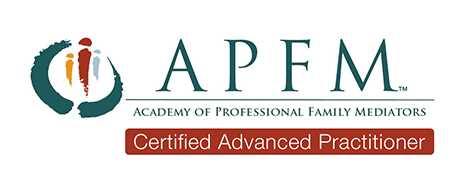As children head back to school, parents worry. They worry about how to pay for books, clothes, and technology. They worry about who will influence their children. They worry about how to balance their own work, children’s activities, and family life.
about who will influence their children. They worry about how to balance their own work, children’s activities, and family life.
Divorced couples face all this plus. They worry about:
- children moving between houses and tracking all their stuff,
- children coping with changing routines, and
- parents keeping up with activities, especially if parents don’t easily share information.
A few tips help parents prepare. These ease the transition and build healthy family life, even from two houses.
Tip 1: Communicate Expectations
To avoid conflicts over school, parents should meet and create a plan for the school year. Even if parents struggle to communicate, this investment pays huge dividends.
Most conflict comes from miscommunication or dueling expectations. When parents share expectations (for homework, for chores, for sleepovers), conflict often fades. Parents realize that, in general, they are on the same page. This brings relief.
If parents can’t manage a meeting on their own, mediators create a process to share expectations and form a common plan. On their own or with a mediator, parents should address issues such as:
- How do we share school information: school notices, parent-teacher conference discussions, permission slips?
- What’s our plan for school events: do we sit together or apart, do we go out after as a family, how do we ensure we support our children and not fight?
- How do we provide for the children academically, i.e. tutoring?
As parents define priorities and share expectations, they create a framework for making decisions.
Tip 2: Address Finances
Between clothes, athletic fees, and books/technology school costs a lot. Financial stress often paralyzes parents who feel they have no options. While one parent may feel the child support they pay satisfies their obligation, the other parent may not be able to make ends meet as school begins.
Again, communication proves key. Put all the expenses related to school on a spreadsheet or whiteboard. The parent receiving child support can account for where the support is going. Then, both parents can address how they can work together to pay expenses that stretch too far. Raw numbers often help parents become more cooperative.
Tip 3: Plan for common events
Whether it’s the school play or the awards night, children generally want both parents present. Jeff Pokone, noted family counselor, states:
The definition of a mature adult is a person who takes responsibility for the impact of their dysfunction on other people.
When parents can’t get along they don’t function well.
However, parents should take responsibility for how that dysfunction impacts their children. Mature parents find a way to be part of special events and keep the focus on celebrating the children not wounding each other.
When parents can manage it, sitting together is the best option. Children then easily approach both parents after a concert or game and bask in parental praise. They avoid the pressure of deciding which parent to approach first or how to evenly split time.
If it won’t work to sit together, parents can ease the situation by finding separate spaces, plastering smiles on their faces, and refusing to show any hint of guilt if children approach the other parent first or can’t find one of them.
As children head back to school, parents need to work together. This builds success in school from both houses.
If you are considering divorce, The Resolution Center will help you resolve the legal issues, protect the children, and plan for your future. If you would like more information, call 317-344-9740 or email info@TheResolutionCenterIndy.com.





